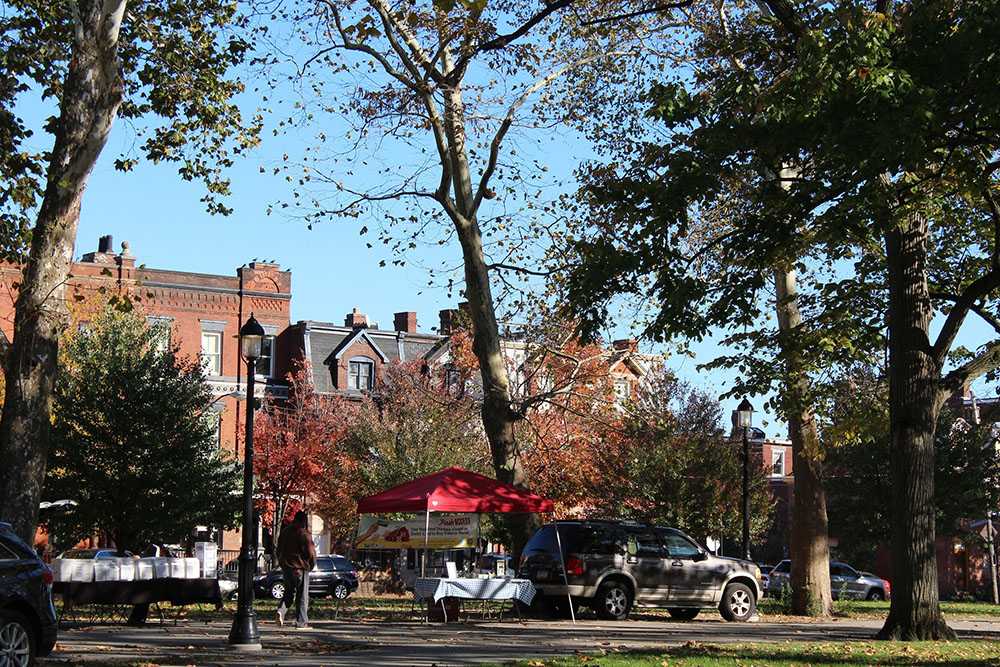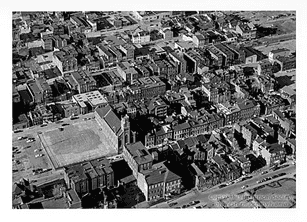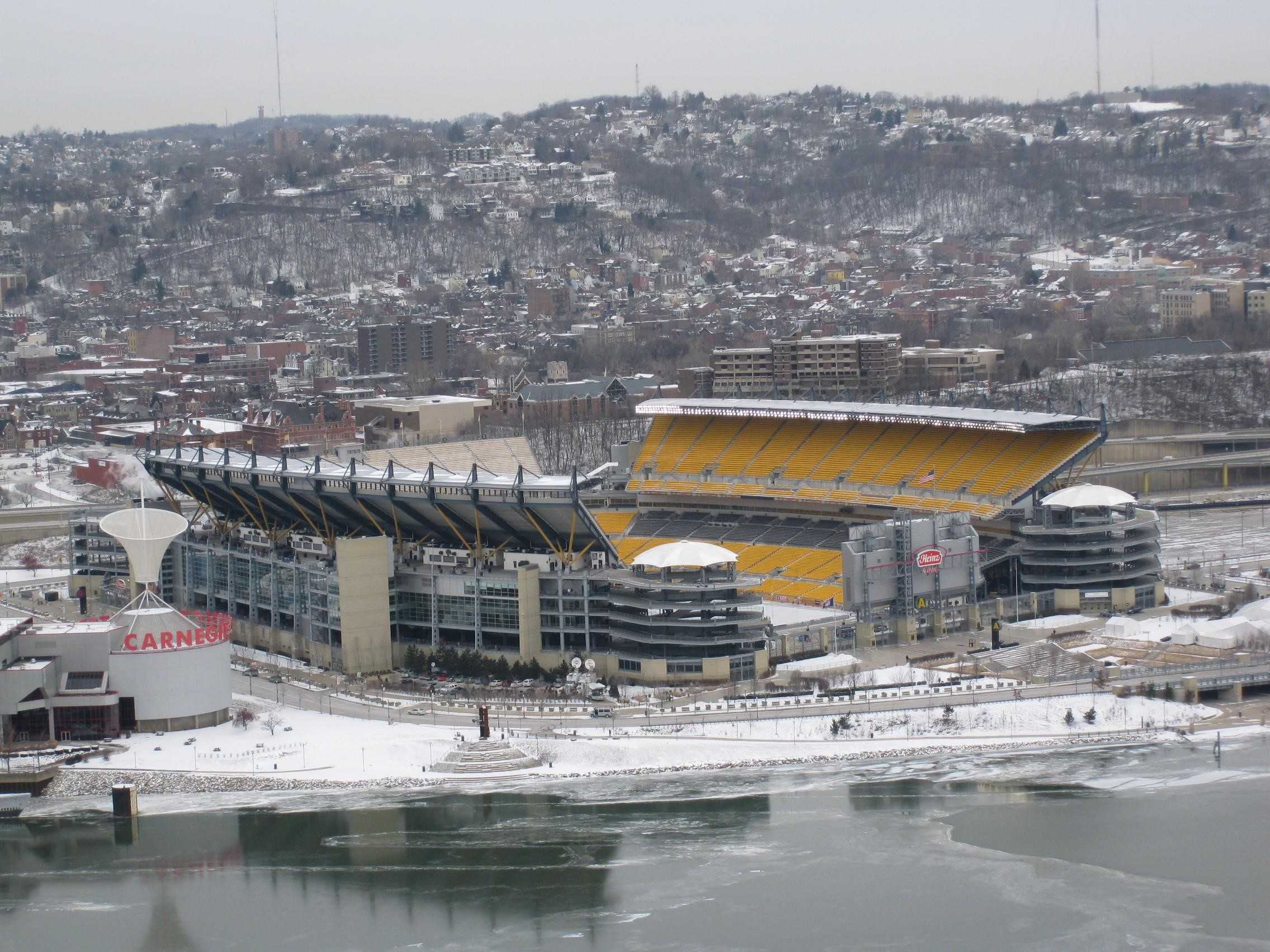Secret Pittsburgh
North Side
Since the construction of Heinz Field and PNC Park, Pittsburgh’s North Side has been known for its connection to the city’s dearest idols: sports teams. Pittsburgh’s baseball and football stadiums stand along the Allegheny River like monuments to many Pittsburghers’ favorite pastime; however, this was not always the case. What has now become a symbol of Pittsburgh Pride was once the completely separate Allegheny City.
Allegheny City was laid out and built in 1788 in the midst of wide swaths of farmland north of the Allegheny River. The German population in the new town grew so quickly that it came to be referred to as Deutschtown. Henry J. Heinz, a son of German immigrants, founded the H.J. Heinz Company there, and the headquarters became a fixture and influence in the city for decades, with namesakes such as Heinz Hall, the Heinz History Center, and Heinz Field.
Although Allegheny City thrived independently for almost 150 years, its next door neighbor, Pittsburgh, grew even faster and overshadowed it in population and economic force. In 1907, against the wishes of the majority of Allegheny City citizens, it was annexed and became part of the city of Pittsburgh. It was then that it took on the generic name of “The North Side”.
In the years since its annexation, the North Side has shifted, grown, and readjusted. Today, in addition to the thriving sports and entertainment district known as North Shore just across the river from downtown, the North Side includes smaller, quieter attractions. If crowds, concerts, gambling, and sports aren’t your preference, check out Allegheny Center’s Children’s Museum and the National Aviary. Even further into East Allegheny, you’ll find historic Deutschtown. This neighborhood, which boasts a summer music festival , has recently flourished. In part due to the economic development of North Shore, Deutschtown has worked with an eye towards community outreach through the East Allegheny Community Council.
North Side’s thriving cultural and economic situation makes it a staple of the larger Pittsburgh community, and its attractions are not to be missed. From the popular Allegheny Brewery to the small, family owned restaurants like Arnold’s Tea House, the North Side offers a dose of charm not often found in areas dominated by the economic giants of a casino and two stadiums.


